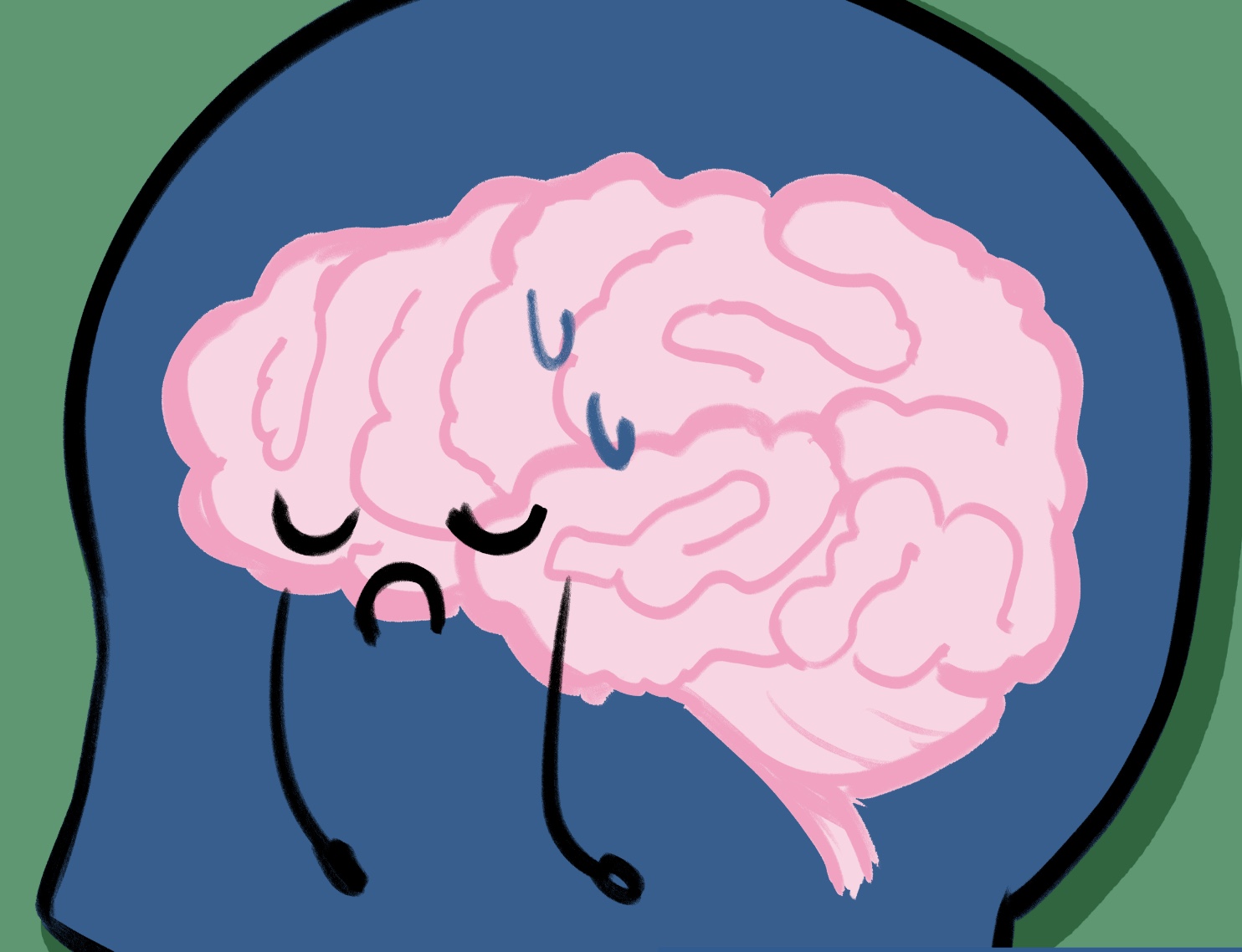
“Mostly everything gets worse before it gets better”
Wanda Styles
The pandemic has caused many issues to the lives of everyone in the world, and now that our way of life is shifting its way back to normality, the effects it had on us are starting to become more visible.
Adapting to Change
Change was hard for everybody, while for some it was an easy adjustment to make, for many it was quite challenging. As the state of the world drastically changed, consequently that took a toll on our mental well-being. Many of us were already comfortable with our day-to-day lifestyle. To suddenly change that way of life and take a step back to grasp the reality that is taking place, that daily routine all of a sudden became erratic. Since routines help combat burnout, adjusting to a new routine socially isolated abruptly while also processing what was happening outside the walls of our house was a great deal to comprehend. With this new way of life, our way of focus was shifting from the change happening in our lives, to the lives of everyone, ensuing mental exhaustion and worry.
Social Media
When is the last time you voluntarily watched through an entire ad? To be truthful it would be rare to find someone who did so deliberately. Social media has already shortened our attention span because of the constant notifications interrupting our focus, and TikTok has conditioned its users to entertain themselves via short-lived videos. But surprisingly, with our attention span already being brief, the pandemic has made it even worse. As the pandemic allowed us to spend more time online, there would be hours of us scrolling through our feed without realizing it, stemming from boredom, which caused us to not finish our tasks. Lockdown had caused us to stay at home, and without a set schedule for our daily tasks. Our perception of time began to dissolve.
School
Schools around the world had to shift to online mode due to the pandemic, and with students accustomed to in-person learning since the beginning, to suddenly change that concept resulted in some poor consequences for others. With classes meeting through a screen, rather in a classroom setting, it did not allow for that one-on-one in-person interaction, and engaging with the course seemed dissimilar. Therefore, focusing seemed more difficult than it needed to be.
Mental Exhaustion
Being mentally exhausted from everyday life is already common due to all the school/work related responsibilities, while also taking care of ourselves and taking time to
socialize with our friends and families. But when we were in a pandemic, the outside world drew restrictions that forced us to stay home and…rest. Yet somehow it still led to burnout. However, the first few days seemed blissful, a break from reality, sounds like a dream right? Well, that’s actually normal behavior for the first phase leading to burnout. Take this situation into any circumstance: first day at a job/school, the honeymoon phase, first days into moving to a new city, etc. The stress has not reached you yet. Therefore, it’s hard to foresee the stress ahead. Which included physical distancing, mask mandates, unable to interact with loved ones, all in all just drained of this new routine that has to be adapted. In other words, pandemic fatigue; causes a lack of motivation for everyday responsibilities and it redirects our focus to find that motivation instead of pursuing that motivation.
Worry
This pandemic has also increased our worries. Being socially isolated and away from the rest of the world, along with the fact that our only source of information is through a screen, can make us feel quite uneasy. Besides, online sources can warp our perceptions creating more stress which can lead us to become more uneasy. Isolation itself is worrisome enough; however, added to the fact that the outside world is both a mystery and a threat just extends our lists of worries. And as our mind is focused on the pandemic and the wellbeing of others, it just makes it hard to focus on other aspects of our lives.
Benefits of mental exhaustion
But hold on, no rainbow comes without a little rain. There are benefits of having experienced mental exhaustion during the pandemic. As things are finally calming down in terms of the pandemic, there is this new appreciation for life, and our direction of focus can now shift to the interaction with others that were greatly missed, without the threat of the pandemic being as emphasized. Including, the satisfaction of a good experience is heightened after a bad experience. Given opportunities that allow us to re-experience situations or start a new memory will take us back to months before where our situation was completely different; a retrospect of our lessons and experiences. For example, social events are no longer through a screen and we now have the ability to enjoy meaningful interactions with each other without the wifi suddenly disconnecting. With the circumstances that were dealt with before, times today allow us to reconnect and to build on what was put on hold.
Benefits of worry
The benefits of worry act as a domino effect. With the state of the world, many of us were just worried for the wellbeing of others and if life will ever get back to normal, but with the world in the state of worry, it serves that the situation is serious and requires action. That action will lead to making adjustments in order to cope with this new lifestyle. Ultimately, this action will require us to change, helping us to adapt and establish resilience. But not only with the pandemic, in other situations that the world needs to change, or just as individuals, the ability to recover from any difficulty would always be helpful in the long run.
Life after that change
While the pandemic is slowing down, it does not magically increase our attention span. But it allows us to return back to somewhat normal, without the worry of covid harming others and the way of life as it had before. While giving us lessons that we as a society or individual can use to further understand how we function through our difficulties while adapting different styles of coping. But for now, it allows us to appreciate each other’s presence and turn our focus into what is to come, rather than what is it now.

Comments